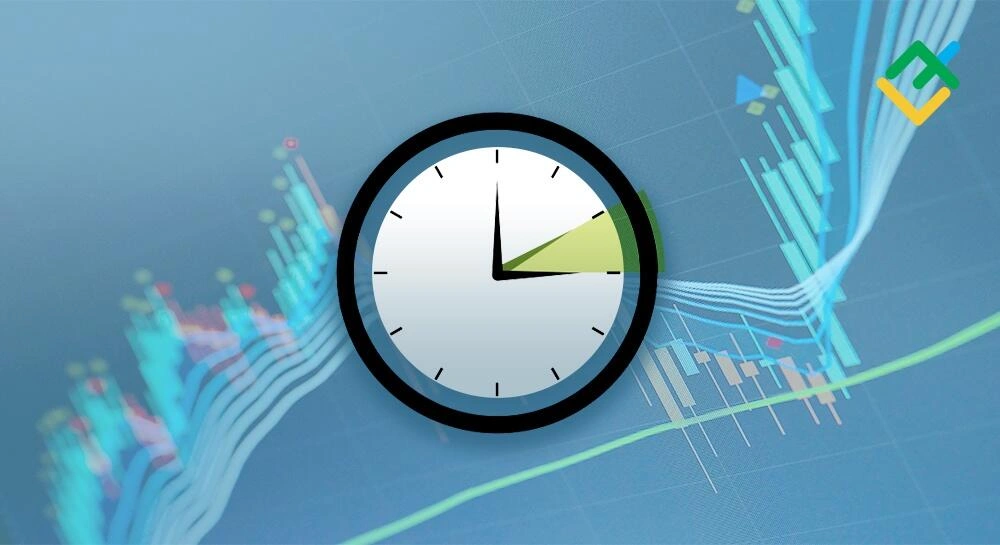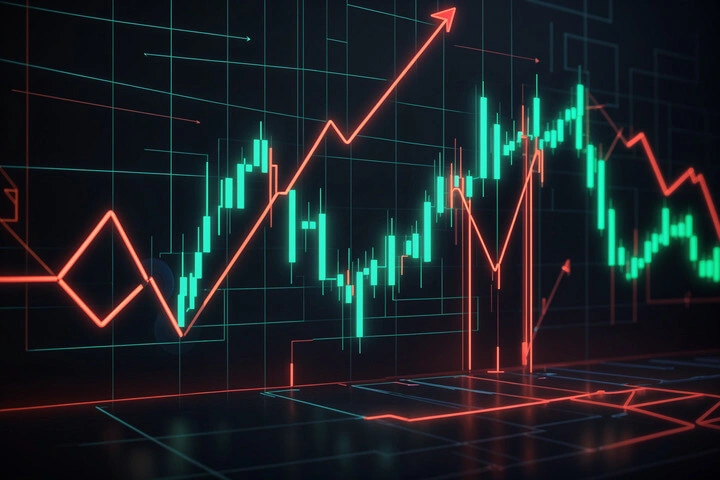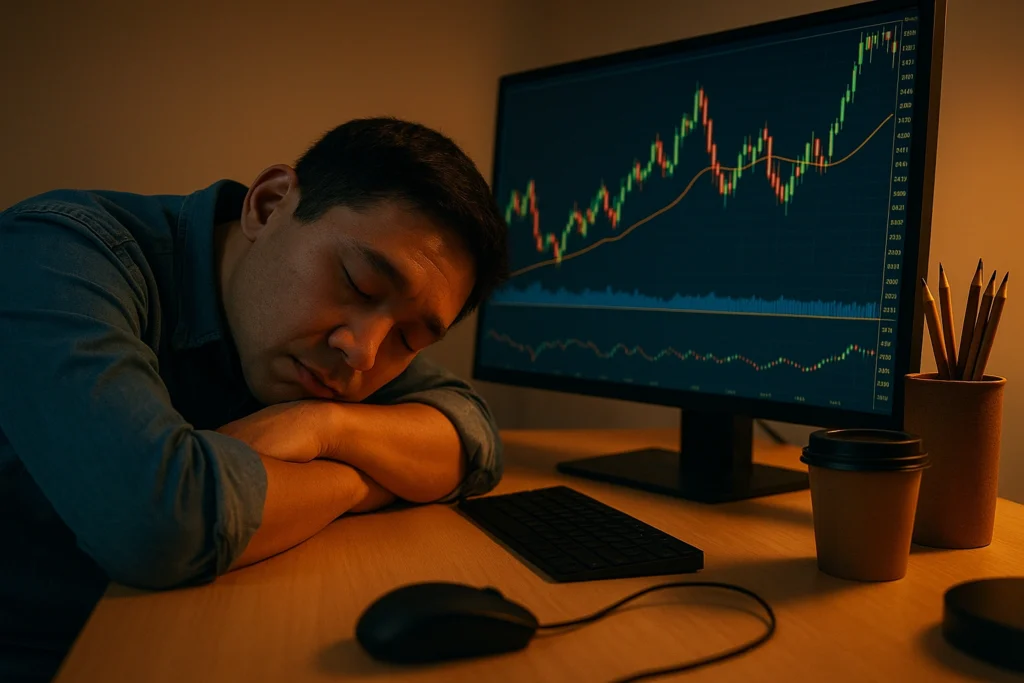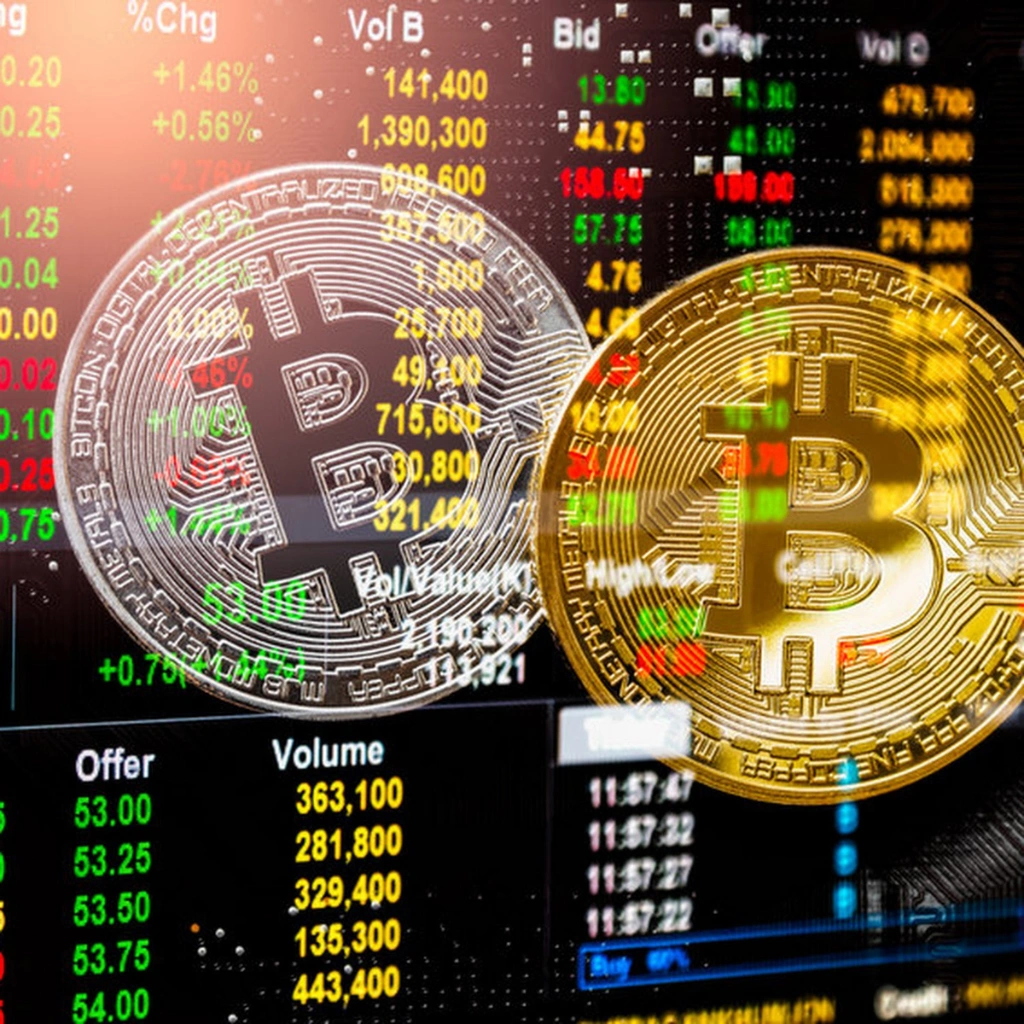1. Crypto Trading Time Isn’t Just a Technicality
Even in a 24/7 market, timing still impacts how trades play out. Crypto trading time might sound like a niche concern, but it quietly influences volatility, execution, and momentum. That round-the-clock clock? It’s not as neutral as it looks.

2. Crypto Trading Time Zones Create Hidden Waves in Market Behavior
Different regions dominate at different hours—miss the wave, miss the move. When Asia’s awake, you’ll often see a different market tone than during the U.S. afternoon. Understanding where the volume is coming from helps you spot which candles really matter.

3. Liquidity Swells—and Shrinks—By the Hour
Trading time shapes how easy (or painful) it is to get in or out of positions. Try market buying during off-peak hours, and you might get burned by spreads. Prime liquidity tends to appear during overlaps—especially when U.S. and EU sessions coincide.

4. Volatility Isn’t Evenly Distributed
Some time windows are way spikier than others. If you’re trading late-night UTC, expect thinner order books and more erratic moves. That could be opportunity—or it could be chaos, depending on your play.

5. Your Own Schedule Can Work Against You
Crypto trading time even interacts with your personal rhythm. If your peak energy hits during low-liquidity hours, you’ll need to be more cautious. Tired eyes and sleepy decisions rarely end well—especially in high-leverage environments.

6. Bots Know When to Strike—So Should You
Smart traders (and smart code) follow timing signals closely. Many automated systems only activate during high-volume times. Why? Because slippage is lower, and moves are cleaner. If bots are doing it, maybe humans should pay attention too.

7. Not Every Hour Is Created Equal
Trading time affects results—it’s that simple. You don’t need to trade every hour. But you do need to know which hours give your strategy an edge. Think less “constant grind,” more “targeted timing.”
Final Thoughts: Crypto Trading Time Still Deserves Attention
Crypto trading time isn’t just trader folklore—it’s a factor that shapes everything from pricing to positioning. The clock never stops, but that doesn’t mean you should chase every tick. If you’re trading without considering timing, you’re likely leaving money—and clarity—on the table.
Relevant news: here











